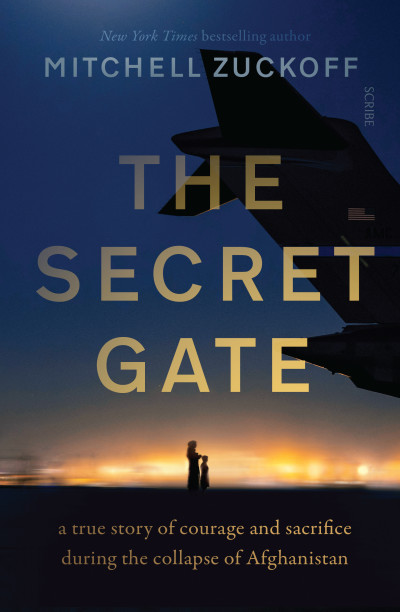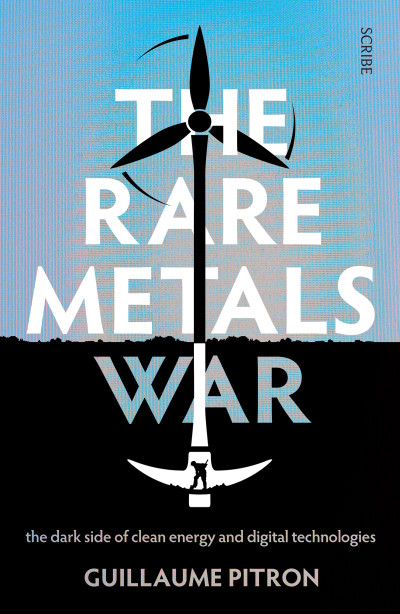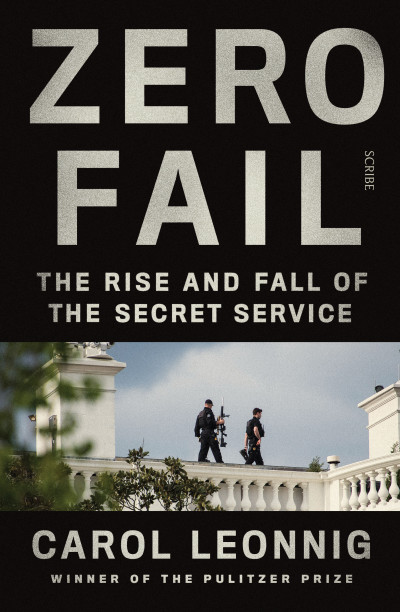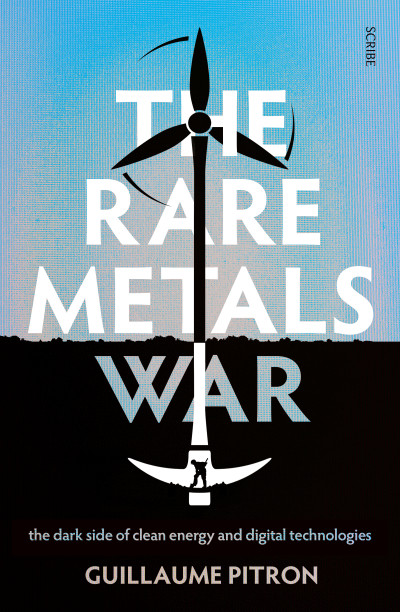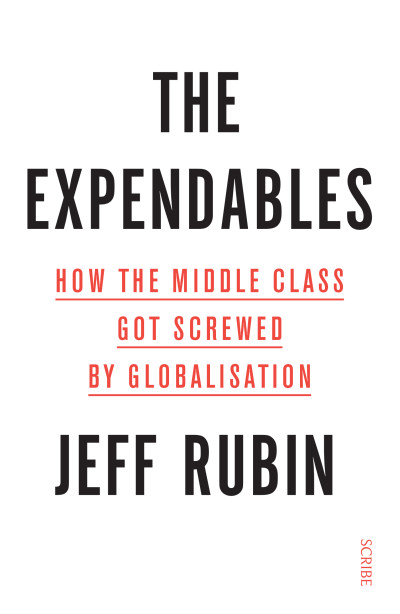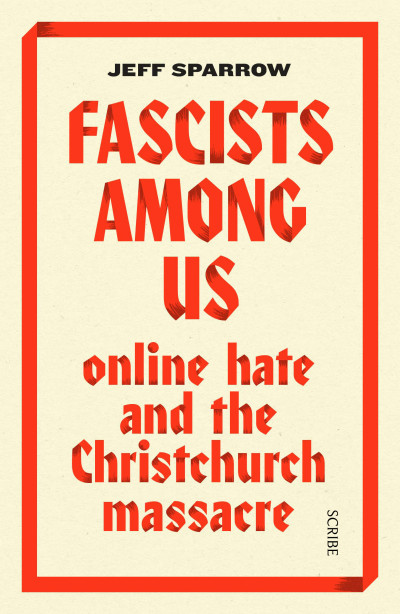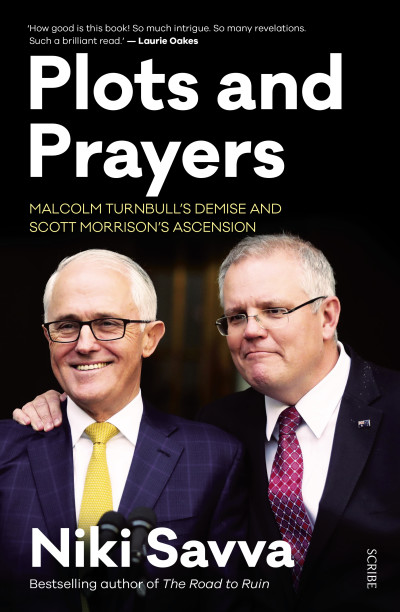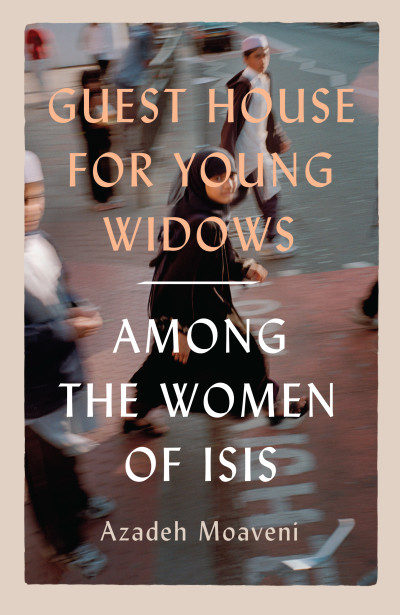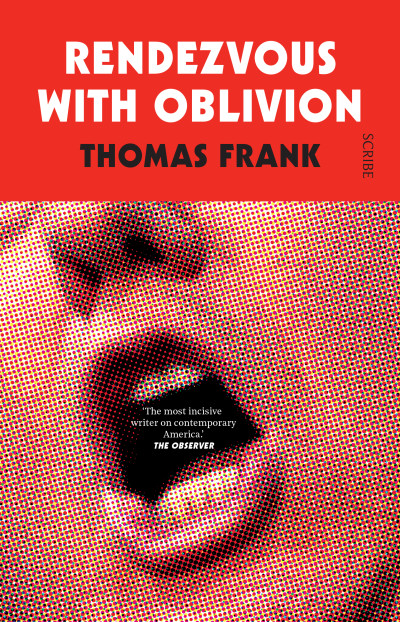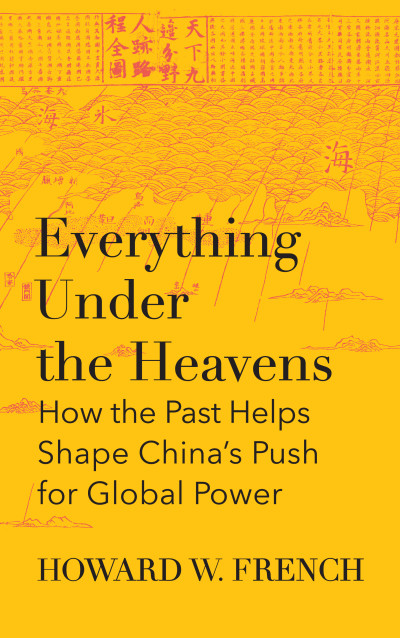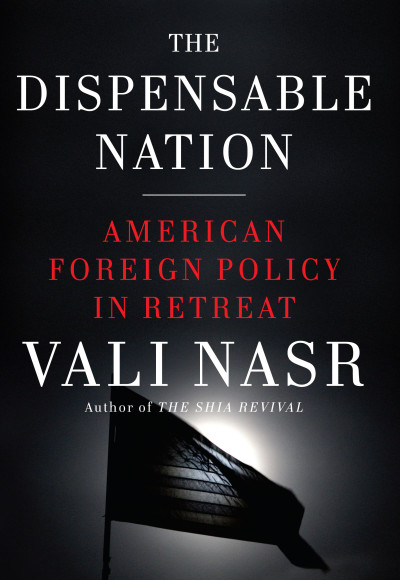‘It gives a sense of immediacy and lived experience which is powerful and compelling; there is a rawness to passages of the book, and a sense of the unresolved trauma that last summer marked.’
Asian Review of Books
‘The events that have rocked Hong Kong over 2019 have bewildered and surprised people inside and outside the city. This is a timely, well-informed attempt to make sense of everything that has happened - critically important in view of the confusion, and contention, that this event has caused.’
Professor Kerry Brown, Director, Lau China Institute, King’s College London
‘Instructive.’
Matthew Partridge, Money Week
‘City on Fire by Antony Dapiran, a lawyer and writer, offers a firsthand analysis and description of one of the 21st century's most significant struggles. China's authoritarian interference in Hong Kong was met by a unique and unprecedented popular uprising. This book provides a clear narrative and frontline perspective of a complex issue. It is the most comprehensive book about the Hong Kong protests from a professional observer.’
Ai Weiwei
‘Excellent reportage that is of critical importance in understanding contemporary Chinese politics.’ STARRED REVIEW
Kirkus Reviews
‘His scrupulous account looks at the history, the legal dimensions and the likely future for the region under Beijing.’ FIVE STARS
Robyn Douglass, The Advertiser
‘[A]n engaged and authoritative account of the movement.’
Linda Jaivin, Sydney Review of Books
‘Dapiran shows how the protests brought worldwide attention to Hong Kong and civil liberties in an autonomous region. Readers will appreciate how the author places the events of 2019 in the context of earlier episodes in Hong Kong’s history such as the 2014 Umbrella Movement and the 1967 riots. This fascinating read is essential for anyone interested in the current affairs of Hong Kong, specifically, and China, generally.’ STARRED REVIEW
Library Journal
‘City on Fire is Dapiran's follow-up to his earlier book about the Umbrella Movement in 2014. The much-longer sequel is deeply personal, based on riveting first-hand accounts and historical insights on the turmoil that erupted last summer. It is helpful that Dapiran, who is impressively versed in the nuances of Hong Kong's local dialect and culture, was present at both watershed moments.’
Reuters, BreakingViews
‘[M]agnificent … [A] gifted writer who tells a compelling story of what the protesters have been up against, what they are fighting for, and how their tactics and goals have evolved over time … In addition to his strong descriptive powers, the author shows a keen understanding of human psychology and sociology, which adds another layer of depth to the reader’s understanding of the urgency of the demonstrations.’
National Review
‘In smooth, heady prose that blends legal scholarship with the romanticism of a battle for independence, Dapiran shows … a city unhinged, on the verge of breakdown.’
Japan Times
‘City on Fire provides a clear and authoritative account of the unfolding events, well-seated in Hong Kongese history, culture, and politics.’
David Ferrell, The Canberra Times
‘Readers interested in Hong Kong’s history and politics and the history of social movements will find this engaging, engrossing book to be crucial in understanding the role of political demonstration in contemporary Hong Kong.’
Booklist
‘Dapiran goes right to the frontline to capture the unrest that plagued Hong Kong in 2019. He writes with journalistic prowess of what he witnessed among protestors and police, the tension mounting in each chapter.’
Will Higginbotham, Australian Book Review
‘In City on Fire, Antony Dapiran gives a rousing account of the protest movement from its beginnings in 2014 to the long showdowns in 2019 … Dapiran takes readers through the streets, alleyways, and subways of the city alongside the black-clad, yellow-hardhat-wearing, gas-masked protesters. He gets inside their skin, signing in to Telegram, an online social network used by the protesters to organise. Because Dapiran is with the crowds, he describes with great verve how the protesters operate without leaders, instead moving ‘like water’ to pop up and then evade the police.’
Jane Perlez, Foreign Affairs
‘What sets City on Fire apart most from books on both Beijing’s 1989 and Hong Kong’s 2019 is the unique mix of skills and experiences of its author. To say that Dapiran was well positioned to write City on Fire is the height of understatement — and not just because he did graduate work in Chinese cultural studies and wrote City of Protest. He spent day after day on the streets between June and November of 2019, a constant observer of everything from a vigil-like march by lawyers clad in black on 6 June (held to symbolise the idea that the extradition bill’s implementation would sound the death knell of judicial independence and true rule of law), to clashes months later between frustrated protesters and police itching for confrontation.’
Jeffrey Wasserstrom, Mekong Review
‘In his book City on Fire, an eloquent up-close account, Antony Dapiran is as focused on the aesthetics of the protests as on their political meaning. Hong Kong protesters, he observes admiringly, come up with the cleverest puns and make brilliant use of lanterns, candles, laser pointers, and Post-it Notes … He sees in the exceptionally rich protest culture a mash-up of themes from Hollywood action movies, Cantonese pop music, Japanese anime, and classical Chinese mythology.’
Barbara Demick, New York Review of Books
‘[A]n extensive narrative of the anti-extradition protests that shook Hong Kong [in 2019] … As it looks for the meaning of the resistance campaign, it goes beyond the simplistic binaries of optimism and pessimism as it ponders the future … one of [2020's] most crucial reads, not just because of its timeliness, but also its analysis of the historical and cultural significance of the act of dissent, which offers ways of thinking about the event in relation to the ongoing development of political awareness in Hong Kong … an urgent record that will sharpen our sensitivity to the past and what to look forward to in the years to come.’
Garfield Chow, Cha



